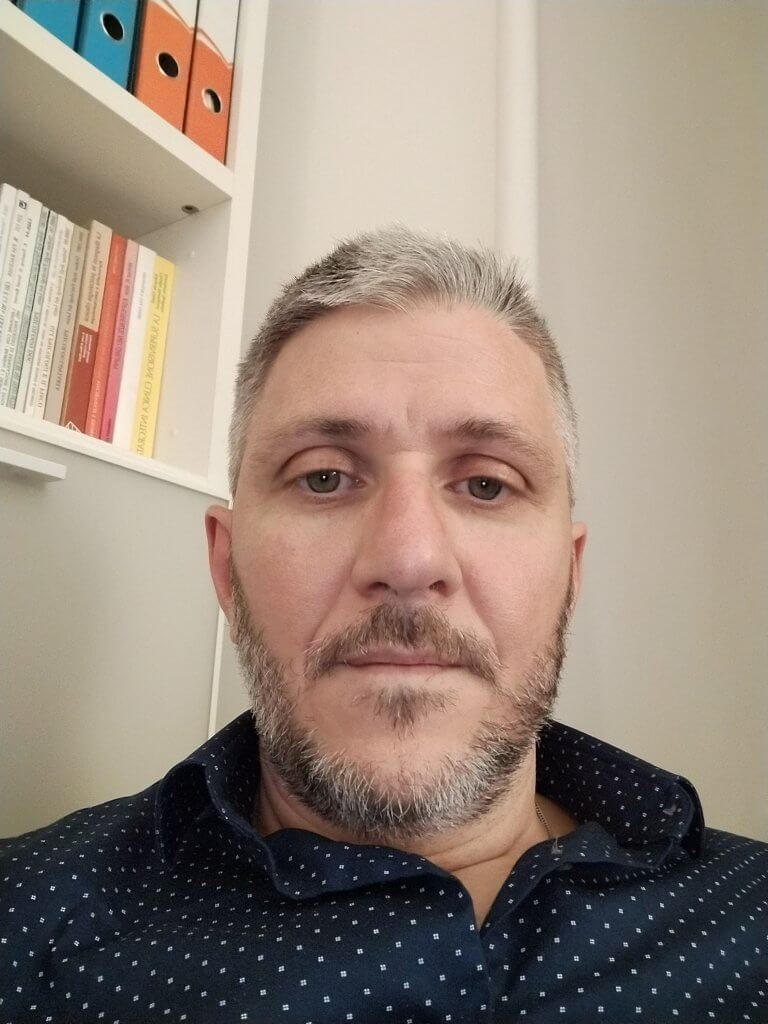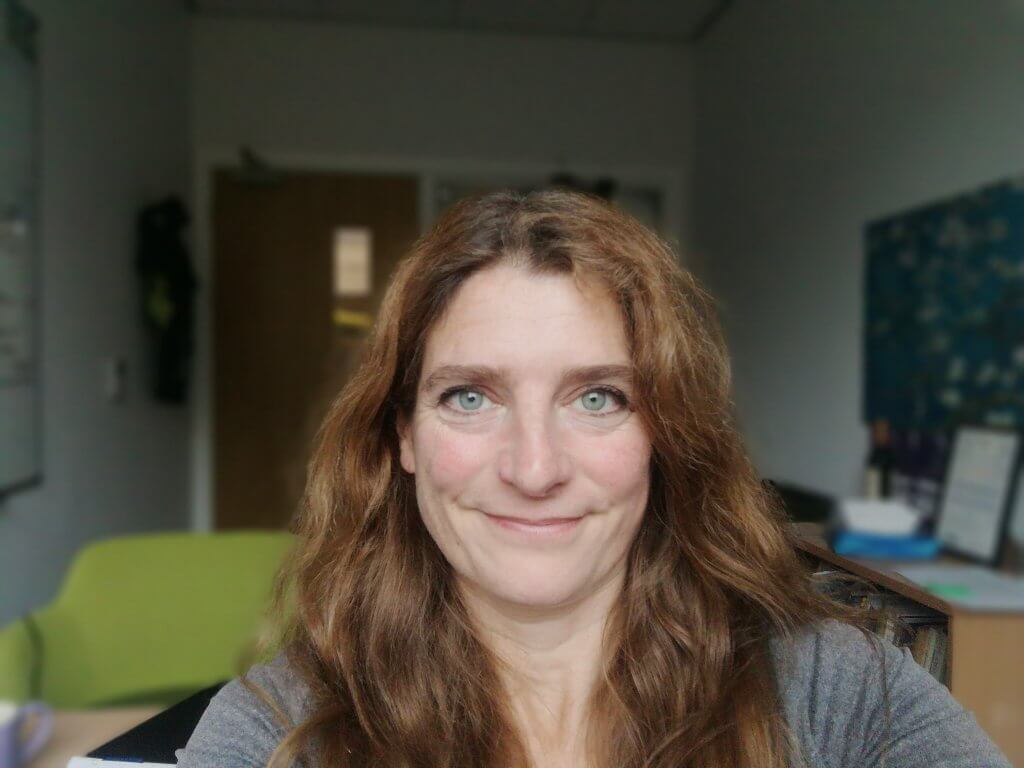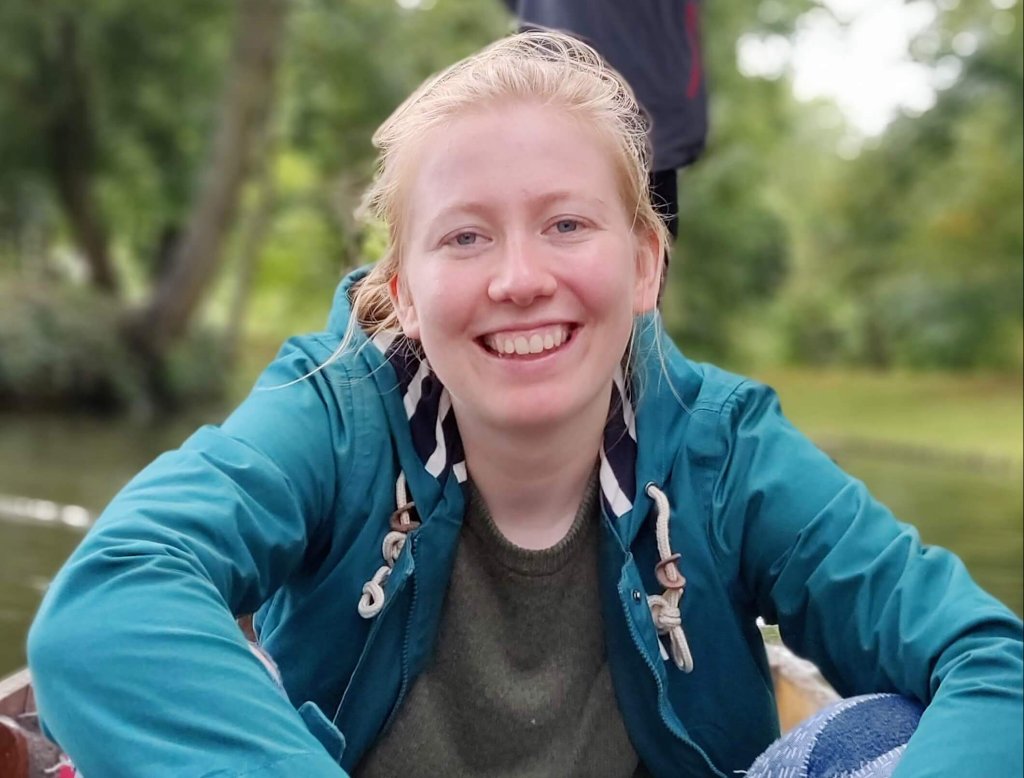Webinar: Wednesday 11 May 2022, 14-15:30. Registration closed
The slides for the meeting are available here. Recording available here – an excellent resource for anyone wanting to learn more about bioinformatics!
This open session is brought to you by the EBNet Working Group: Bioinformatics Training for Microbial Environmental Biotechnologies. To connect, just contact them with an expression of interest.
Schedule:
Introduction ‘Why bioinformatics training is importan’: Prof James Chong, University of York (Head of the Bioinformatics Working Group)

Prof James Chong is a Royal Society Industry Fellow and Professor in the Department of Biology at the University of York, where he runs a research group exploiting a range of ‘omics techniques to understand microbial community dynamics, as well as leading the EBNet WG on Bioinformatics Training for Microbial Environmental Biotechnologies. His group is involved in generating microbial community metagenomics, meta-transcriptomics and metabolomics datasets. His group use established analytical pipelines, but also develop their own bespoke scripts for data analysis. Insight into the application of ‘omics techniques, and the ways in which they can be applied to environmental biotechnology use cases to greater understand microbial community dynamics, has driven his desire to develop bioinformatic training resources. This is currently supported by the UKRI Grant Cloud-SPAN: Specialised analyses for environmental ‘omics with Cloud-based High Performance Computing, and is co-led by James, see https://cloud-span.york.ac.uk/.

EdDASH – The University of Edinburgh Data Science training in Health and Bioscience: Giacomo Peru, University of Edinburgh, Software Sustainability Institute
Giacomo is Project Coordinator at Software Sustainability Institute, University of Edinburgh, with a role spanning from finance, to community and training management. He has been an active member of the Carpentries community for many years, seeing Software, Data and Library Carpentry through all their prior incarnations until their current setting. During these years, Giacomo has organised or participated in many workshops and has contributed in various capacities to the building, promotion and development of The Carpentries training. He is a badged instructor since 2014. His current Carpentries activities include leading Edinburgh Carpentries, the Scottish Workforce Development Data Carpentry and the coordination of Ed-DaSH. Giacomo has a background in Classics.

DASH/ELIXIR training and the data stewardships: Xenia Perez Sitja, University of Bradford, ELIXIR-UK Data Stewardship Community Manager
If you look at my background, you’ll probably guess I am a researcher – but if you look at my experience, you’ll consider me a communicator, writer, coordinator or artist. I’d like to think of myself as a combination of all these. With a BSc in Biomedicine and an MSc in Science Communication, I’ve worked in Horizon 2020 projects for almost 6 years as both a freelance science communicator and an in-house outreach expert. In parallel, I’ve worked for the private sector for 2 years creating, organising and leading the programmes of big expos, conferences and small, international meetings in the fields of Pharma, cybersecurity and Big Tech. Throughout all my experiences, engagement and coordination have been at the core of my skill set to attract thought leaders and build a community of experts.

CloudSPAN- Cloud-based High Performance Computing for SPecialised ANalyses on environmental ‘omics: Emma Rand, University of York
Emma Rand is a Senior Lecturer in the Department of Biology at the University of York where she specialises in teaching data science and reproducibility, particularly to those who do not see themselves as programmers. She co-leads a UKRI funded project called Cloud-SPAN which trains researchers in cloud-based high performance computing for ‘omics. She is a Software Sustainability Institute Fellow, a Core Member of R Forwards and delivers data science training for the Royal Society of Biology and the Biochemical Society.

Sarah Forrester is a PDRA within James Chong’s group within the Biology department at the University of York. She gained her PhD at the University of Liverpool using multi ‘omic approaches to analyse parasite genomic data, and has worked since then on a range of microbial systems and used a variety of bioinformatic methods. She performs HPC driven microbial genomics research and delivers bioinformatics training. As a 2022 Software Sustainability fellow and a certified Software Carpentry instructor, she is passionate about instilling good bioinformatic practises into her training. She is also involved in the preparation and delivery of the material for Cloud-SPAN: Specialised analyses for environmental ‘omics with Cloud-based High Performance Computing , see https://cloud-span.york.ac.uk/.

Annabel Cansdale is a bioinformatician within James Chong’s team in the Biology Department at the University of York and works on determining microbial communities from Anaerobic Digestion. She completed a research Masters in the same lab around creating pipelines for reproducible Metagenomic analysis. As a 2021 ELIXIR-UK FAIR Data Stewardship Training Fellow and a certified Carpentries Trainer she is passionate about bioinformatics training especially for those just getting started with microbial ‘omics.

FAIR – Why making data science reproducible is important: Evelyn Greeves, University of York
Evelyn Greeves is a programmer and educator who graduated with a BSc in Biology from the University of York in 2021. She is currently Community Manager and FAIR Coordinator for the University of York- and Software Sustainability Institute-supported Cloud-SPAN project. As an Open Science ambassador via the Open Life Science program, she has a particular interest in reproducibility and transparency in training. She has previously spent time working in scientific computing at the Science & Technology Facilities Council, where she worked alongside experts in high performance computing, research software engineering and digital research infrastructure.
Following short presentations on a whole range of different methods of data management, there will be questions for individual speakers about the training they are representing. To access this event join EBNet (if you are not yet a member) and then register for the event (registration opens soon). And catch up with previous webinar content online here.


